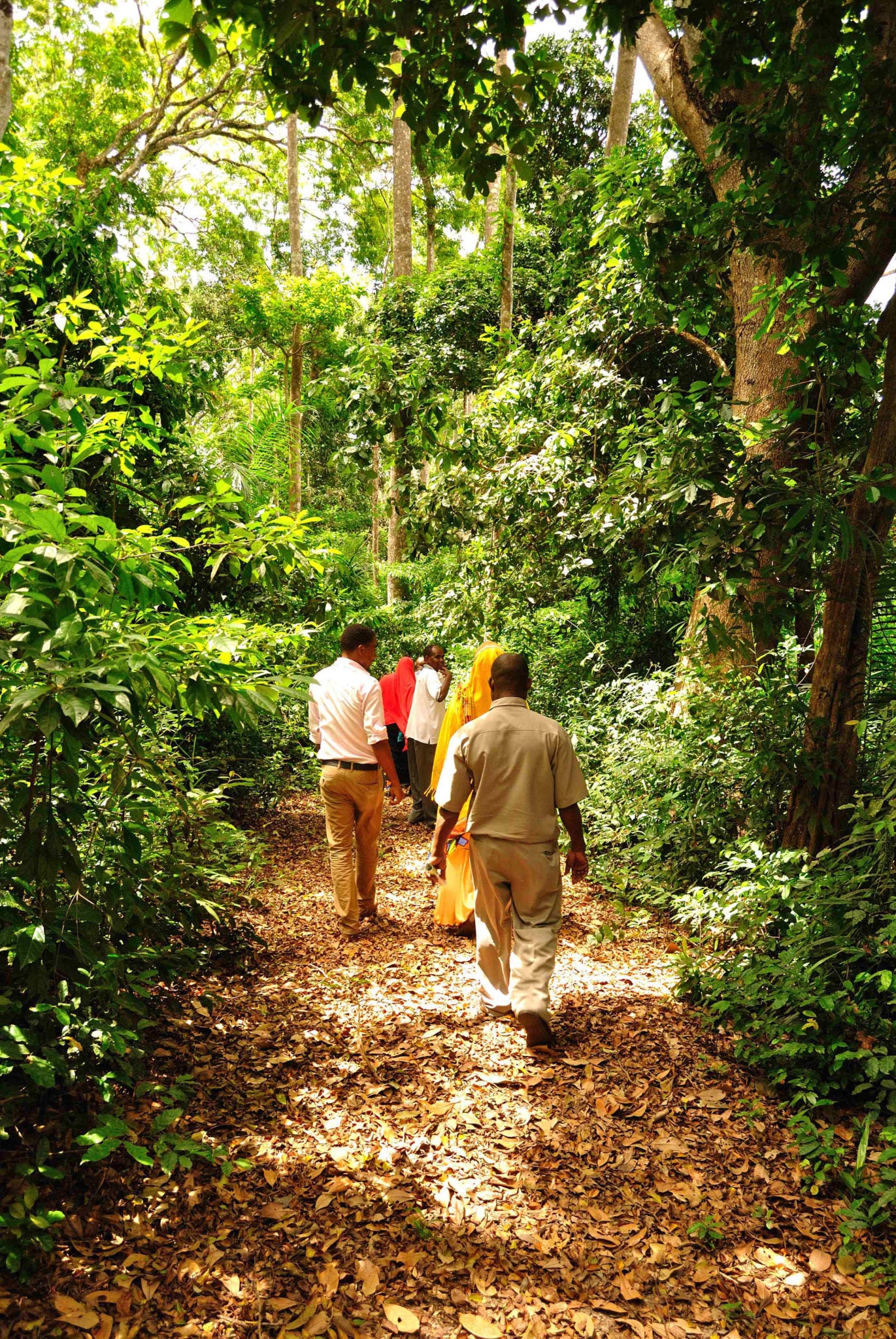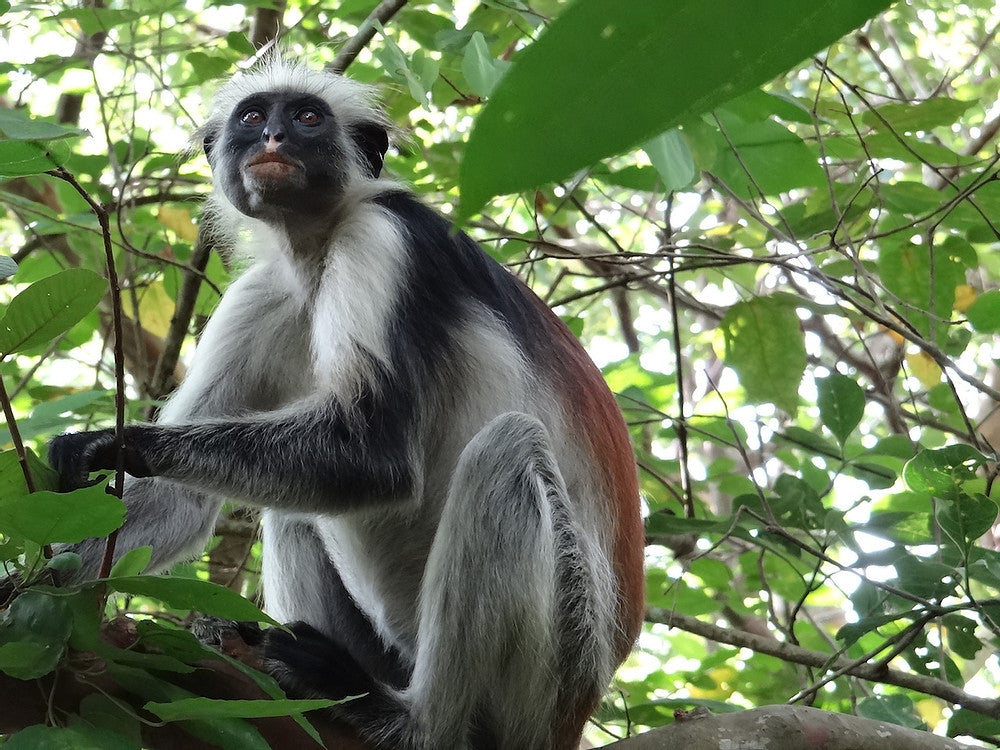Masingine forest
65.00 USD per person
🌿 Overview — Location & Landscape
-
Located approximately 8 km west of Stone Town, on Unguja Island, at an elevation of around 120 m above sea level, making it one of Zanzibar’s highest points
-
Named “Masingini” after the 35+ gullies (“masingini”) carving through the terrain
-
Encompassing about 566 hectares (≈1,374 acres), the reserve was designated in the 1950s to protect critical water sources, soils, and forest cover
💧 Ecological Importance
-
Serves as a primary water catchment; the forest sustains groundwater reserves that supply Stone Town and nearby communities
-
Its deep, rich soils support lush tropical vegetation that differs significantly from other Zanzibar forests
🌸 Flora & Fauna Highlights
-
Home to 179+ plant species, many of them endemic or medicinal, including mimosa (memory aid), Mabola Palm (fever treatment), and Lesser Quinine (insect pest control)
-
Wildlife includes the critically endangered Zanzibar red colobus monkey (endemic to the island), plus velvet monkeys and Sykes data:text/mce-internal,rte__editor,Peekmonkeys +
-
Other inhabitants include the blue duiker (a small forest antelope), elephant shrews, giant millipedes (up to 40 cm!), reptiles, butterflies, insects, and amphibians
-
Some animals like the red colobus use clay or charcoal to detoxify their leaf-based diet
🚶 Visiting & Ecotourism
-
Since 2017, the forest has been developed as a city park, with hiking trails ranging from short walks to nearly 3-hour guided treks A typical guided tour lasts about 3 hours and costs about USD 50–65, including a local guide, snacks, and water; transport availability from Stone Town varies
-
Tours are often paired with visits to nearby villages, eco-projects, or spice farms.
🤝 Community & Conservation
-
With support from groups like Seacology and the TUI Forest Zanzibar project, local communities have planted thousands of native trees, built water wells, and established forest patrol units, eco-tour guides, and a bike rental program to minimize erosion and improve livelihoods
-
Ongoing efforts include forest boundary patrols, education programs, reforestation, and eco‑tourism development run by local villages
⚠️ Conservation Challenges
-
The forest is under increasing pressure from illegal logging, encroachment, and expansion of residential settlements. Some springs have dried up, reducing water availability for villages
-
Authorities, together with local communities, have initiated enforcement actions, restoration efforts, and awareness campaigns to combat deforestation and habitat loss .
🧭 Why Visit?
-
Nature lovers, photographers, and eco-conscious travelers find Masingini a peaceful contrast to the beaches.
-
Offers a chance to witness rare Zanzibar wildlife, lush forest landscapes, and learn traditional medicinal uses of flora.
-
Visiting supports conservation and local livelihoods, as most tours contribute to forest protection and community development.
Made with care
QUALITY
Premium
Classic excursions
Styled With


Safe
Your safety is my priority — every trip is planned with care, local knowledge, and trusted partners
Unforgettable
Exceptional service, stunning locations — that’s the quality I guarantee
Passionate
❤️ I don’t just offer tours — I share my passion for every place we visit.








